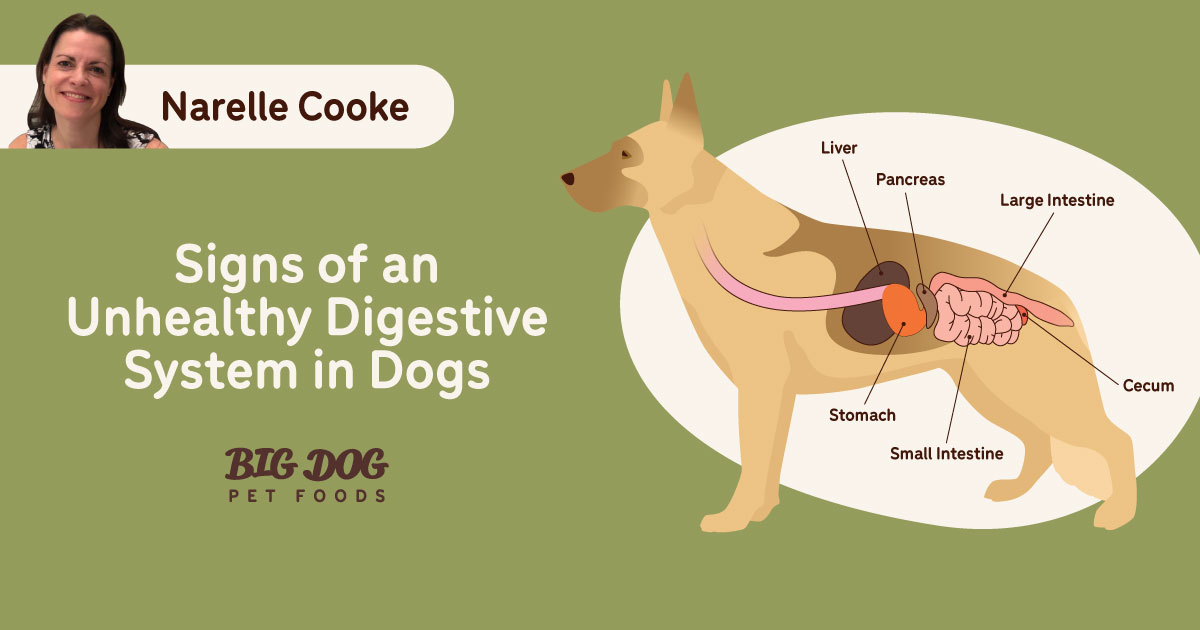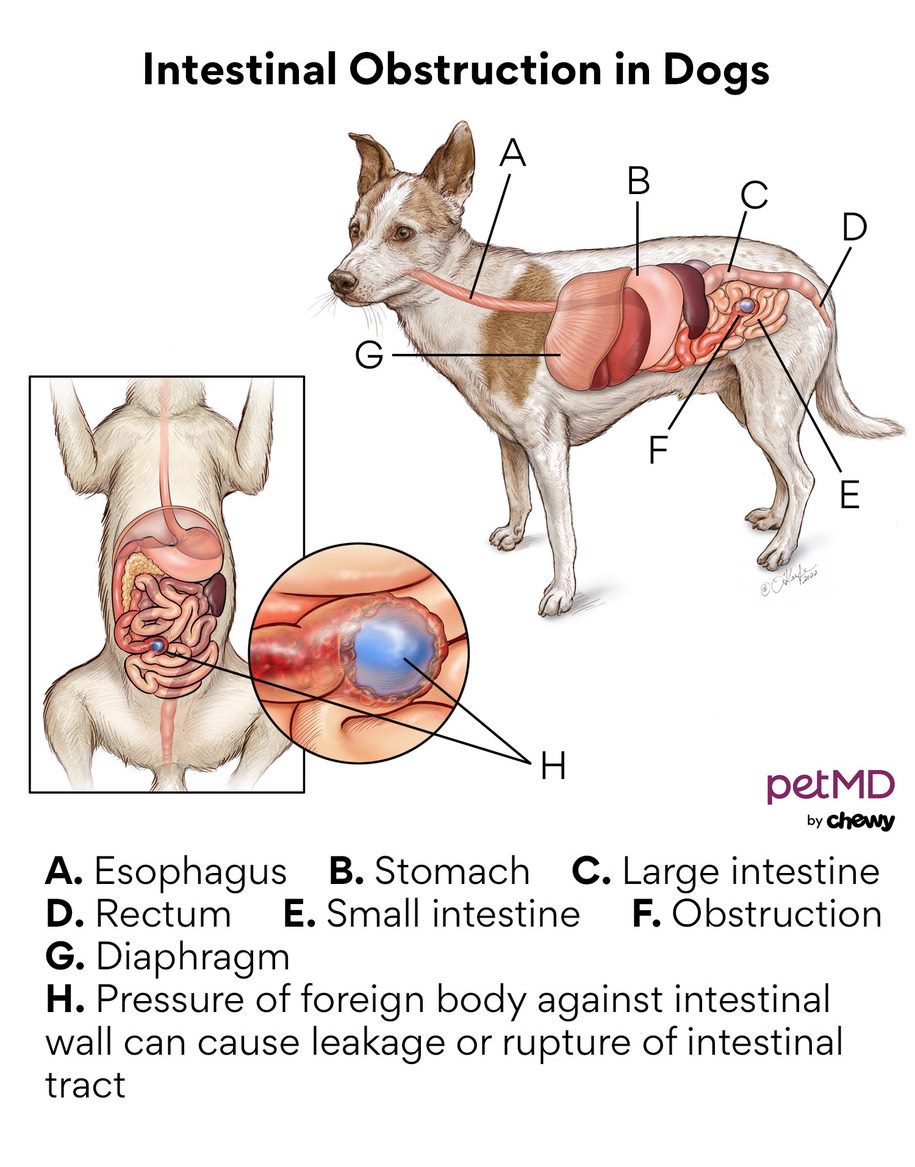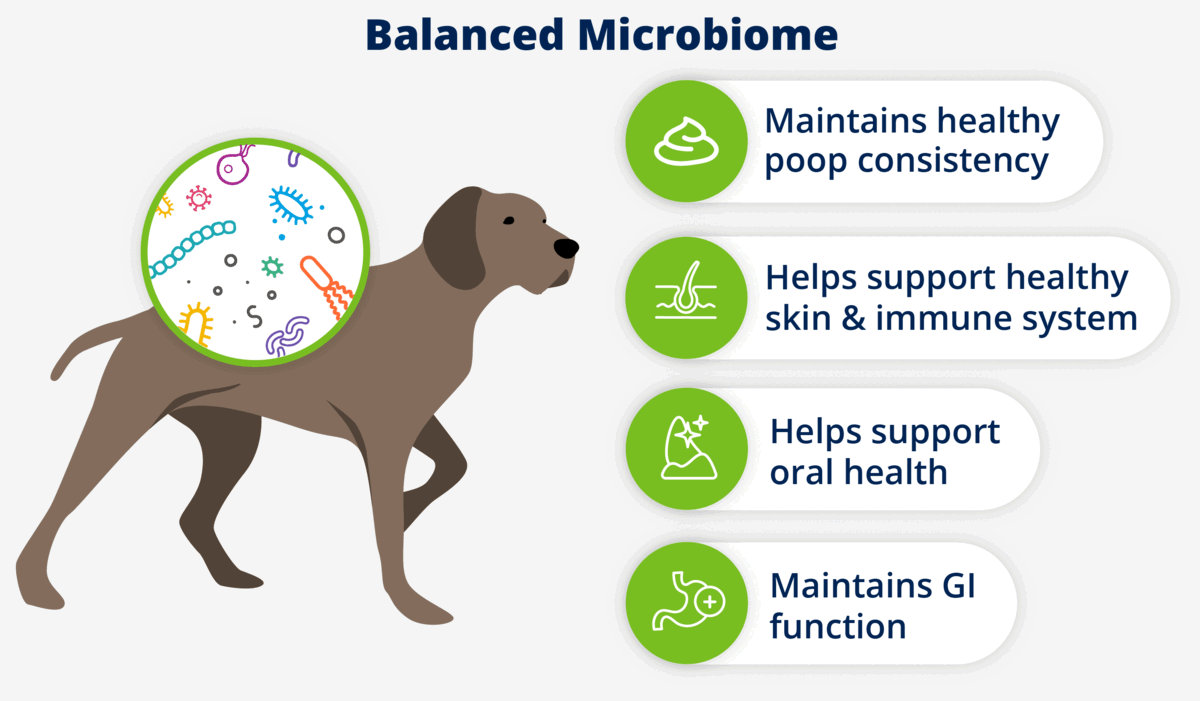In this article, you will learn all about recognizing and managing gastrointestinal issues in your beloved canine companions. From common symptoms to helpful tips on how to provide relief and prevent future problems, this guide will equip you with the knowledge and tools necessary to keep your furry friend healthy and happy. So grab a cup of coffee, sit back, and get ready to become a pro at understanding and addressing your dog’s digestive health! Have you ever wondered if your furry friend is experiencing gastrointestinal issues? Recognizing and managing these issues is crucial for your dog’s health and well-being. In this article, we will discuss how to identify the signs of gastrointestinal problems in your canine companion and provide tips on how to manage them effectively. Let’s dive in!
Signs of Canine Gastrointestinal Issues
If your dog is experiencing gastrointestinal problems, they may exhibit a variety of signs and symptoms. It’s essential to be aware of these indicators so you can take prompt action to address any potential issues. Here are some common signs to look out for:
- Vomiting: If your dog is vomiting frequently or has difficulty keeping food down, it could be a sign of gastrointestinal distress.
- Diarrhea: Loose stools or frequent bowel movements may indicate that your dog is experiencing digestive issues.
- Loss of Appetite: A sudden lack of interest in food could be a red flag for gastrointestinal problems.
- Abdominal Pain: Your dog may show signs of discomfort or pain in their abdominal area, such as whining, restlessness, or sensitivity to touch.
- Weight Loss: Unexplained weight loss can be a symptom of underlying gastrointestinal issues that need to be addressed.
Paying Attention to Your Dog’s Behavior
Observing your dog’s behavior is essential in recognizing gastrointestinal problems. Dogs may not always vocalize their discomfort, so it’s crucial to pay attention to subtle changes in their behavior. If you notice any of the signs mentioned above, it’s essential to consult your veterinarian for further evaluation.

This image is property of cdn.prod.website-files.com.
Common Causes of Canine Gastrointestinal Issues
There are several factors that can contribute to gastrointestinal problems in dogs. Understanding the underlying causes can help you prevent or manage these issues effectively. Here are some common reasons why dogs may experience gastrointestinal distress:
- Dietary Indiscretion: Dogs are notorious for eating things they shouldn’t, such as garbage, spoiled food, or foreign objects. This can lead to digestive upset.
- Food Allergies: Some dogs may have allergies or sensitivities to certain ingredients in their food, leading to gastrointestinal issues.
- Pancreatitis: Inflammation of the pancreas can cause digestive problems in dogs, leading to symptoms such as vomiting and diarrhea.
- Parasites: Intestinal parasites, such as worms, can cause gastrointestinal issues in dogs and may require treatment from a veterinarian.
- Bacterial or Viral Infections: Infections from bacteria or viruses can result in digestive problems in dogs, such as gastroenteritis.
- Underlying Health Conditions: Conditions such as inflammatory bowel disease (IBD) or cancer can also contribute to gastrointestinal issues in dogs.
Importance of Proper Nutrition
Providing your dog with a balanced and nutritious diet is essential for their overall health and well-being. Proper nutrition can help prevent gastrointestinal issues and support your dog’s digestive system. Ensure that your dog’s diet is appropriate for their age, breed, and activity level, and avoid feeding them foods that may trigger allergies or sensitivities.

This image is property of image.petmd.com.
When to Seek Veterinary Care
If you suspect that your dog is experiencing gastrointestinal problems, it’s essential to seek veterinary care promptly. Your veterinarian can conduct a thorough examination and diagnostic tests to determine the underlying cause of your dog’s issues. In some cases, immediate medical attention may be necessary if your dog exhibits severe symptoms, such as:
- Bloody Vomit or Diarrhea: Blood in your dog’s vomit or stool can indicate a serious medical condition that requires immediate treatment.
- Lethargy: A lack of energy or enthusiasm for activities could be a sign that your dog is feeling unwell and needs medical attention.
- Dehydration: If your dog is not drinking enough water or shows signs of dehydration, such as dry gums or sunken eyes, they may require intravenous fluids.
- Persistent Symptoms: If your dog’s gastrointestinal issues persist for more than a day or worsen despite home care, it’s crucial to consult with your veterinarian.
Importance of Regular Veterinary Check-Ups
Regular veterinary check-ups are essential for monitoring your dog’s overall health and detecting any potential issues early on. Your veterinarian can provide guidance on preventative care, nutrition, and lifestyle choices that can help keep your dog healthy and happy. Make sure to schedule annual wellness exams for your dog and follow your veterinarian’s recommendations for vaccinations and parasite prevention.
This image is property of i.shgcdn.com.
Managing Canine Gastrointestinal Issues
Once your veterinarian has diagnosed your dog’s gastrointestinal problems, they can recommend a treatment plan to manage the issues effectively. Depending on the underlying cause of your dog’s symptoms, treatment may involve:
- Dietary Changes: Switching to a bland or prescription diet can help alleviate digestive upset and support your dog’s gastrointestinal health.
- Medication: Your veterinarian may prescribe medications such as anti-nausea drugs, antibiotics, or probiotics to help manage your dog’s symptoms.
- Fluid Therapy: In cases of dehydration or severe vomiting and diarrhea, your dog may require intravenous fluids to restore hydration.
- Surgery: In some cases, dogs with gastrointestinal issues may require surgery to address an underlying condition, such as an intestinal blockage.
Home Care Tips for Managing Gastrointestinal Issues
In addition to veterinary treatment, there are several home care tips you can follow to help manage your dog’s gastrointestinal problems effectively:
- Provide a Quiet and Comfortable Environment: Creating a calm and quiet space for your dog to rest can help reduce stress and promote healing.
- Monitor Food and Water Intake: Ensure that your dog has access to fresh water at all times and monitor their food intake to prevent overeating or dietary indiscretion.
- Follow Veterinarian Recommendations: Administer medications as prescribed by your veterinarian and follow their dietary and care instructions closely.
- Gradually Introduce New Foods: If your dog is on a restricted diet, introduce new foods gradually to avoid digestive upset and monitor their response to different ingredients.
- Monitor Symptoms: Keep an eye on your dog’s symptoms and behavior, and consult with your veterinarian if you notice any changes or concerns.

This image is property of www.bonza.dog.
Preventing Canine Gastrointestinal Issues
Prevention is always better than cure when it comes to your dog’s health. By taking proactive steps to prevent gastrointestinal problems, you can help ensure that your furry friend stays happy and healthy. Here are some tips for preventing gastrointestinal issues in dogs:
- Feed a Balanced Diet: Provide your dog with a high-quality, balanced diet that meets their nutritional needs and supports their digestive health.
- Avoid Table Scraps: Resist the temptation to feed your dog table scraps or foods that may be harmful to their digestive system.
- Regular Exercise: Regular exercise can help keep your dog’s digestive system functioning properly and prevent obesity, which can contribute to gastrointestinal issues.
- Maintain a Routine: Establish a regular feeding and potty schedule for your dog to help regulate their digestion and prevent accidents.
- Regular Veterinary Check-Ups: Annual wellness exams and preventive care can help detect any potential gastrointestinal issues early and ensure prompt treatment.
Importance of Good Hygiene Practices
Maintaining good hygiene practices is crucial for preventing gastrointestinal issues in dogs. Make sure to clean your dog’s food and water bowls regularly, wash their bedding, and groom them regularly to prevent the spread of parasites or bacteria that can cause digestive upset.
In conclusion, recognizing and managing canine gastrointestinal issues is essential for your dog’s health and well-being. By being vigilant of the signs and symptoms, seeking veterinary care when needed, and following your veterinarian’s recommendations for treatment and prevention, you can help keep your furry friend happy and healthy. Remember to provide a loving and supportive environment for your dog as they recover from gastrointestinal problems, and always prioritize their health and well-being above all else.

This image is property of i0.wp.com.
